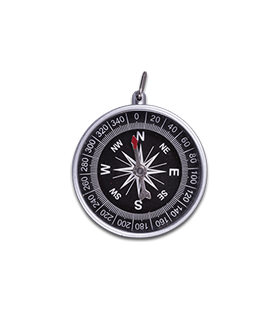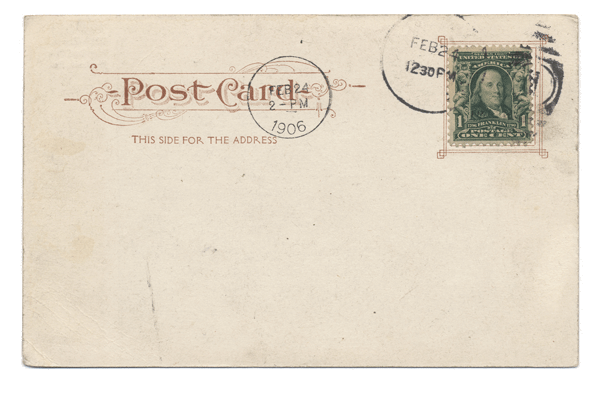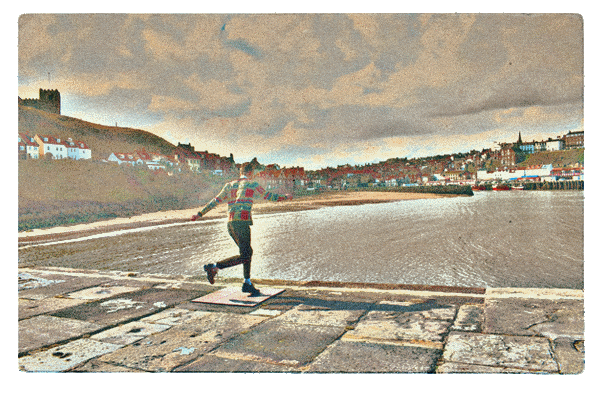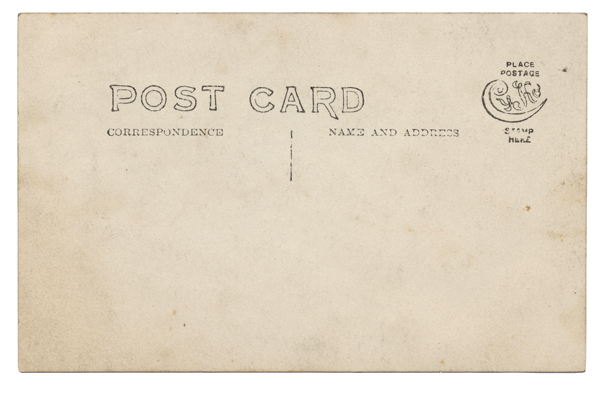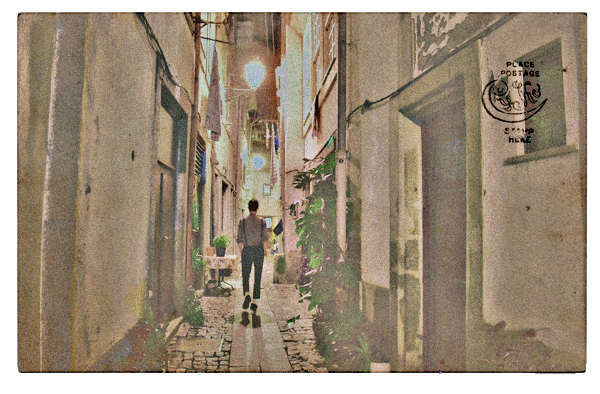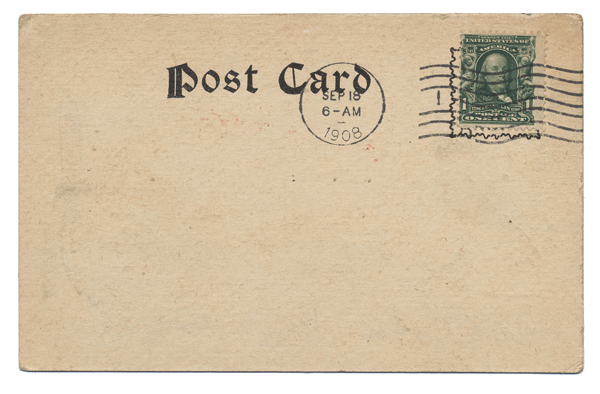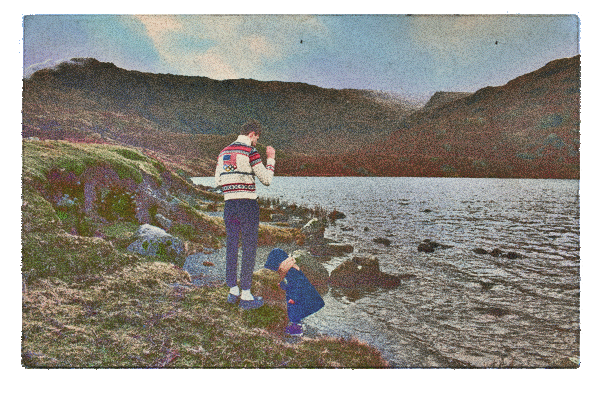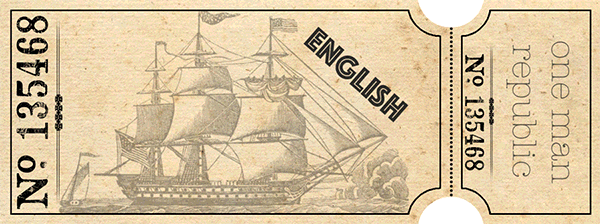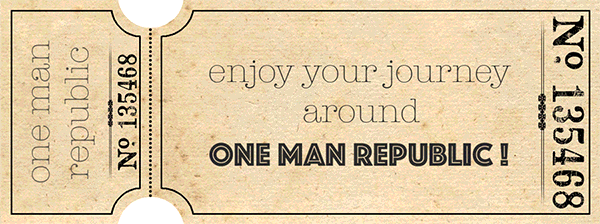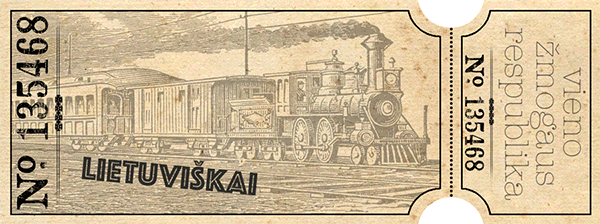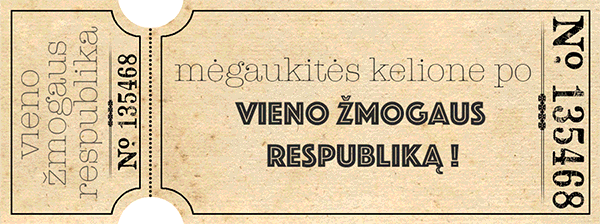bits of siberia
random sharing

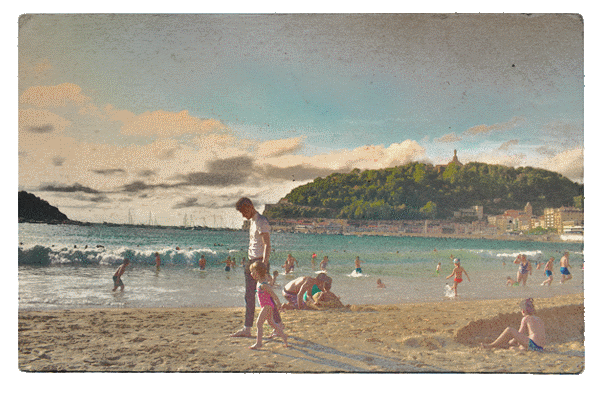
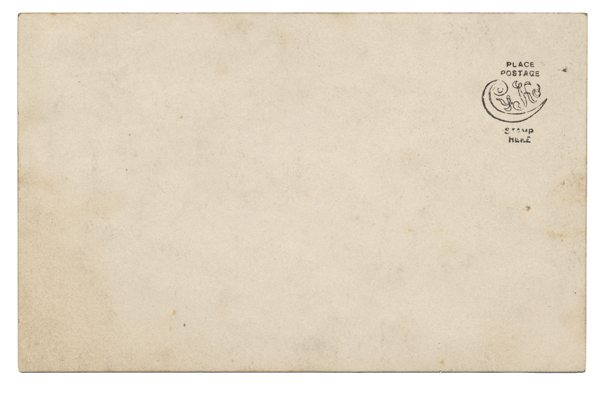
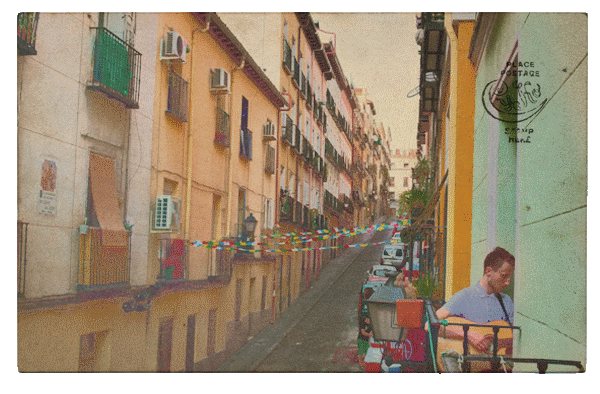
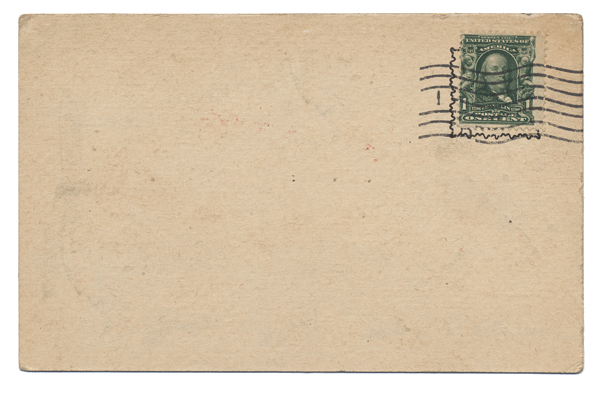
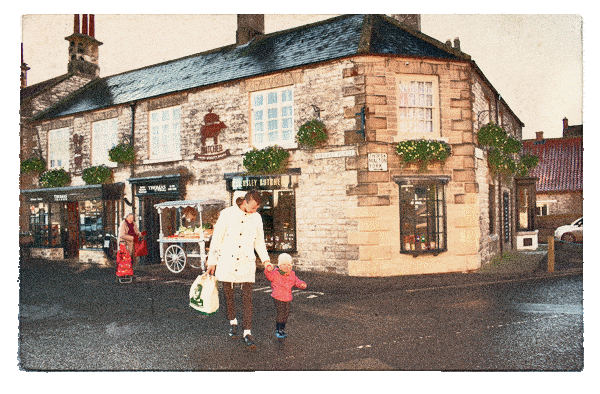

07 07 2011
The train of July seventh was chugging along the tracks. The night was calm. I wasn’t feeling as nervous as I usually would before my big trips. Maybe this was because there was no uncertainty. I would just be tossed into a carousel. With respective duties and responsibilities, of course. Nevertheless, I should survive in the end. After all, I had an extremely strong team behind me.
Today, it wasn’t the thunderous farewell that touched me the most. Not all of the fanfares. Not the television cameras. These things never excited me. The strongest feeling I had was when I stepped foot in Minsk late at night. It felt like I had awoken from a dream. A dream in which I was eager to begin this journey. A dream of abstract chit-chat about the trip. It was my first realization that I was going somewhere here and now. Something was awaiting me.
07 08 2011
Two of us turn around and run away from everyone through the Moscow streets. We run barefoot without stopping. Eventually, we dip our feet into a fountain and breathe in the city air. You can visit hundreds of museums, take pictures by dozens of monuments but you’ll never truly take in the scent of the city. You won’t merge into it. At that moment, we truly felt Moscow.
I don’t think I heard a single participant say that they liked this city. Unbelievably huge, enormous traffic, strict militia. But that’s exactly why the Russian capital fascinated me. Because of its harshness. But not as unfit and fake as it is in, let’s say, London. Moscow was harsh but it was naturally harsh. It’s been this way for centuries due to its unique social and cultural factors. This isn’t a place for people looking for warmth or exaggerated beauty. I, however, would love to return to Moscow for a bit longer. I mean, what about Tolstoy, Anna Karenina, and all of the characters from theirs books that lived and breathed in the parallel image of Moscow portrayed in the books that I had already clearly pictured in my head? I walked and compared the Moscow I saw in the books with the one before my eyes. Fascinating.
07 09 2011
Alekna. One handshake and a few minutes with him was enough for me to trust his authority. Later during the expedition, I would realize that those who view this person’s dark humor, irony, and strictness as his main traits and see nothing but emptiness beyond them, are complete fools. These are just details. Minor details. It is what’s beyond them that is fascinating. Those who could comprehend what was behind the curtain would not cease to grow their respect toward this person, leading the team forward.
Contact. Probably few of us realized this but this was the first day that the personal communication zones of each of us fell in line. The first touches. This was the first step toward the spiritual and mental connection that we were still a long way from.
07 10 2011
The night shift.
In my opinion, this project should place more emphasis on the present – we should demonstrate that we care not only about the past of Lithuania but also about the present and the future. Sure, I agree that before laying down the foundations of Lithuania, we should look back at the past and respect it. But in no way should we get stuck there.
Until the night of July tenth, I feared that the participants of the expedition were exalting and worshiping Lithuanian exiles and the whole history of Lithuania way too much and were fanatically stuck in the past. However, a conversation by the fire with four fellow sleepless young men really calmed me down.
This was probably the first time throughout the whole expedition that I sincerely opened up. It was touching to hear such a variety of reasons that led the young men here. It was even more touching to learn that they were certainly not like the fanatics I mentioned earlier.
I went to sleep with a quiet heart.
07 13 2011
In Bely Yar, we searched for a car to take us to a cemetery outside the city. After we made a deal with one driver, it turned out that his father was a Lithuanian exile, so he invited us to come to his home in the evening. We didn’t expect any special adventures while hiking from our small hotel to the driver’s home. However.
Bely Yar was a small Siberian town where time just appeared to have stopped, with cows wandering around the streets, and where everything screamed the word poor. Nevertheless, our driver and his wife welcomed us in a beautiful house with a table loaded with food. We laughed that our host probably spent more money on this food than we paid him that day for his work and gas. However, money was certainly not the most important thing that night. And neither were the touching facts of our driver’s life story.
The most important thing was the feeling. The feeling in everybody’s eyes when, being 4000 kilometers from Lithuania, we sang a Lithuanian song to the family. The way everyone’s eyes teared up when the driver and his wife said they had been together for 30 years and as a response to our song, sang their own together. We left their home when the sun was setting and the moon was rising. We had felt what is "Ruskaya dusha" (Russian soul).
That feeling was more than enough for a whole month ahead but the next night, we would learn that it was just the beginning.
At midnight, we took a train to our next destination that we were supposed to reach at 5 am. Any normal person would go to sleep knowing what a difficult hike was waiting in the morning. Four of us were not normal.
We sat in the charmingly lit coupe and talked. Mostly about the recent direct encounters with exile-related stories. Three out of three exiles, whose stories we had heard from their descendants, started their own families in Siberia but all three of them left them and ran away. Two closely related dilemmas – what’s more important – your family or your homeland? Should we really respect the exiles that abandoned their families? Our contemplations were interrupted by the train conductor.
Would you have ever expected to hear a conductor reciting Yesenin’s poetry in the middle of Siberia, in the middle of the night? It was four in the morning. J. and the conductor were singing songs to each other, reciting Yesenin. The morning sun was rising. We were all sitting, smiling, and enjoying ourselves. There was just half an hour left to sleep. Fascinating and powerful.
07 14 2011
After half an hour of sleep, our “night and poetry” quartet took a picture together. When we saw the picture, we were all shocked. After the sleepless night, our faces looked exactly like those of the locals, which is why Simonas Vitkevičius, Karolis Kaupinis and I all got stuck with the nickname "zekai" (“prisoner” in Russian). So naturally, the three of us decided to play a game for three days imagining that we’re “zekai” in a hypothetical camp trying to survive.
You can read tons of books like Forest of the Gods, The Gulag Archipelago but a young mind that has never experienced the most painful things in life will never understand the true reasons behind cruel behavior. There was also a hike far too long awaiting us to keep our thoughts and minds in this grueling reality. Plus, the circumstances we found ourselves in were more than favorable - our environment and living conditions were pretty similar to the difficulties you’d experience in a camp: a strict leader who likes black humor - all of the qualities you need in a good camp guard, really. Then there were the illnesses taking over more and more members of the group, and the grueling hikes were also something that the prisoners must have went through.
We started our game and did everything we could to avoid getting sick. We kept adding black humor to our conversations, we tried to get more decision making power within the group, and we even tried to receive “higher positions” in the camp that would provide us with the right to an easier life – for example, by being the cooks. After a few days, we were pretty astounded by the results of the game – we were completely absorbed into our roles and had totally forgotten about the outside world.
This was when I realized how the people in camps could be so inhumane, just as we most likely wouldn’t have had the courage to turn away from our social roles had we lived in that period. If we were guards – ruthlessness would be an integral part of our personalities, and if we were prisoners – we would do even the most inhumane deeds to survive.
To me personally, Misija Sibiras '11 was useful exactly in the way I had imagined – the expedition allowed me to experience the theory I had heard so much about.
07 16 2011
After a 30-kilometer hike, part of the group headed to a forest to set up camp, while the rest hiked another few kilometers to a small town called Baturyn with a population of just a few thousand people.
It was a shame that we visited only very few places that truly represented Russia. One of our group members described Baturyn perfectly – once you got there, you just wanted to shout out, “you’re all free, you can leave this small, sad town”. But then where would they go? These people simply had nowhere to go.
On our way from Baturyn to our campsite, when our expedition was already coming to an end, it was the first time that I truly felt like I was part of a team. I had gotten along not just with a few participants but with the whole group. This connection was clear in the evening, when Gintautas Alekna, who had been very official and private throughout the whole expedition, opened up to us for the first time and told us his life story. I watched him at that moment, when he gave up his strength, strictness, and used involuntary body language to share his experiences. Once again, I realized that a long hike is one of the best ways to forget our social roles and positions.
07 17 2011
Ruby.
I know 16 people that now associate the word “ruby” not with the jewel but with the hotel in Tomsk of the same name. Although we only spent 3 nights there, it felt like it had been all of eternity.
I won’t tell you all of the adventures and nightly experiences we had at Ruby (Rubin in Russian language). Instead, I’ll share one thought that I had after a conversation with a Russian who came for a smoke at night to the lobby of the hotel.
Our conversation lasted a mere 5 minutes and although my Russian language skills were minimal, this did not stop me from sharing my sincerity and emotions. After the Russian went to sleep, I realized that although our nation keeps trying to get rid of all associations with Russia and their culture while striving to be more like Westerners, our personalities and culture have much more in common with Russians.
I remember when I wasn’t a big fan of the Russian language or country. A friend of mine kept telling me that I should broaden my mindset and maybe even listen to some Russian bards, which were supposed to change my mind. I remember when I was in my senior year of high school and discovered the music of Boris Grebenshchikov. This was when my understanding of the Russian culture took a sharp turn. I’d been feeling closer and closer to Russia until finally, after the expedition, I discovered so many truly inspiring things about this country and culture.
07 19 2011
The end of our trip was just as powerful as the beginning. We were sitting in a group of six men and one woman on the train traveling toward Vilnius, sharing our life stories and giving wishes and toasts to one another. This was without a doubt the most fascinating fiesta of wishes and toasts I’ve ever been in. You usually only hear such deep, long, and honest thoughts every once in a while but that night, I heard several dozens of them. After sharing our thoughts, we stood up, sang the Lithuanian song Kaip Sirpsta Vyšnios Suvalkijoj, and danced the waltz on the train in the middle of the night. Amazing. For an introvert like me, who usually travels alone, plays music alone, and talks alone, it was miraculous to feel comfortable in a group of people.
In my opinion, it is the very people who I had the honor to travel with that deserve the uttermost respect and who deserve to be honored and celebrated. It’s great that we remember our history but to forget these amazing people who are alive today would be a far worse sin than forgetting our past.

07 07 2011
The train of July seventh was chugging along the tracks. The night was calm. I wasn’t feeling as nervous as I usually would before my big trips. Maybe this was because there was no uncertainty. I would just be tossed into a carousel. With respective duties and responsibilities, of course. Nevertheless, I should survive in the end. After all, I had an extremely strong team behind me.
Today, it wasn’t the thunderous farewell that touched me the most. Not all of the fanfares. Not the television cameras. These things never excited me. The strongest feeling I had was when I stepped foot in Minsk late at night. It felt like I had awoken from a dream. A dream in which I was eager to begin this journey. A dream of abstract chit-chat about the trip. It was my first realization that I was going somewhere here and now. Something was awaiting me.
07 08 2011
Two of us turn around and run away from everyone through the Moscow streets. We run barefoot without stopping. Eventually, we dip our feet into a fountain and breathe in the city air. You can visit hundreds of museums, take pictures by dozens of monuments but you’ll never truly take in the scent of the city. You won’t merge into it. At that moment, we truly felt Moscow.
I don’t think I heard a single participant say that they liked this city. Unbelievably huge, enormous traffic, strict militia. But that’s exactly why the Russian capital fascinated me. Because of its harshness. But not as unfit and fake as it is in, let’s say, London. Moscow was harsh but it was naturally harsh. It’s been this way for centuries due to its unique social and cultural factors. This isn’t a place for people looking for warmth or exaggerated beauty. I, however, would love to return to Moscow for a bit longer. I mean, what about Tolstoy, Anna Karenina, and all of the characters from theirs books that lived and breathed in the parallel image of Moscow portrayed in the books that I had already clearly pictured in my head? I walked and compared the Moscow I saw in the books with the one before my eyes. Fascinating.
07 09 2011
Alekna. One handshake and a few minutes with him was enough for me to trust his authority. Later during the expedition, I would realize that those who view this person’s dark humor, irony, and strictness as his main traits and see nothing but emptiness beyond them, are complete fools. These are just details. Minor details. It is what’s beyond them that is fascinating. Those who could comprehend what was behind the curtain would not cease to grow their respect toward this person, leading the team forward.
Contact. Probably few of us realized this but this was the first day that the personal communication zones of each of us fell in line. The first touches. This was the first step toward the spiritual and mental connection that we were still a long way from.
07 10 2011
The night shift.
In my opinion, this project should place more emphasis on the present – we should demonstrate that we care not only about the past of Lithuania but also about the present and the future. Sure, I agree that before laying down the foundations of Lithuania, we should look back at the past and respect it. But in no way should we get stuck there.
Until the night of July tenth, I feared that the participants of the expedition were exalting and worshiping Lithuanian exiles and the whole history of Lithuania way too much and were fanatically stuck in the past. However, a conversation by the fire with four fellow sleepless young men really calmed me down.
This was probably the first time throughout the whole expedition that I sincerely opened up. It was touching to hear such a variety of reasons that led the young men here. It was even more touching to learn that they were certainly not like the fanatics I mentioned earlier.
I went to sleep with a quiet heart.
07 13 2011
In Bely Yar, we searched for a car to take us to a cemetery outside the city. After we made a deal with one driver, it turned out that his father was a Lithuanian exile, so he invited us to come to his home in the evening. We didn’t expect any special adventures while hiking from our small hotel to the driver’s home. However.
Bely Yar was a small Siberian town where time just appeared to have stopped, with cows wandering around the streets, and where everything screamed the word poor. Nevertheless, our driver and his wife welcomed us in a beautiful house with a table loaded with food. We laughed that our host probably spent more money on this food than we paid him that day for his work and gas. However, money was certainly not the most important thing that night. And neither were the touching facts of our driver’s life story.
The most important thing was the feeling. The feeling in everybody’s eyes when, being 4000 kilometers from Lithuania, we sang a Lithuanian song to the family. The way everyone’s eyes teared up when the driver and his wife said they had been together for 30 years and as a response to our song, sang their own together. We left their home when the sun was setting and the moon was rising. We had felt what is "Ruskaya dusha" (Russian soul).
That feeling was more than enough for a whole month ahead but the next night, we would learn that it was just the beginning.
At midnight, we took a train to our next destination that we were supposed to reach at 5 am. Any normal person would go to sleep knowing what a difficult hike was waiting in the morning. Four of us were not normal.
We sat in the charmingly lit coupe and talked. Mostly about the recent direct encounters with exile-related stories. Three out of three exiles, whose stories we had heard from their descendants, started their own families in Siberia but all three of them left them and ran away. Two closely related dilemmas – what’s more important – your family or your homeland? Should we really respect the exiles that abandoned their families? Our contemplations were interrupted by the train conductor.
Would you have ever expected to hear a conductor reciting Yesenin’s poetry in the middle of Siberia, in the middle of the night? It was four in the morning. J. and the conductor were singing songs to each other, reciting Yesenin. The morning sun was rising. We were all sitting, smiling, and enjoying ourselves. There was just half an hour left to sleep. Fascinating and powerful.
07 14 2011
After half an hour of sleep, our “night and poetry” quartet took a picture together. When we saw the picture, we were all shocked. After the sleepless night, our faces looked exactly like those of the locals, which is why Simonas Vitkevičius, Karolis Kaupinis and I all got stuck with the nickname "zekai" (“prisoner” in Russian). So naturally, the three of us decided to play a game for three days imagining that we’re “zekai” in a hypothetical camp trying to survive.
You can read tons of books like Forest of the Gods, The Gulag Archipelago but a young mind that has never experienced the most painful things in life will never understand the true reasons behind cruel behavior. There was also a hike far too long awaiting us to keep our thoughts and minds in this grueling reality. Plus, the circumstances we found ourselves in were more than favorable - our environment and living conditions were pretty similar to the difficulties you’d experience in a camp: a strict leader who likes black humor - all of the qualities you need in a good camp guard, really. Then there were the illnesses taking over more and more members of the group, and the grueling hikes were also something that the prisoners must have went through.
We started our game and did everything we could to avoid getting sick. We kept adding black humor to our conversations, we tried to get more decision making power within the group, and we even tried to receive “higher positions” in the camp that would provide us with the right to an easier life – for example, by being the cooks. After a few days, we were pretty astounded by the results of the game – we were completely absorbed into our roles and had totally forgotten about the outside world.
This was when I realized how the people in camps could be so inhumane, just as we most likely wouldn’t have had the courage to turn away from our social roles had we lived in that period. If we were guards – ruthlessness would be an integral part of our personalities, and if we were prisoners – we would do even the most inhumane deeds to survive.
To me personally, Misija Sibiras '11 was useful exactly in the way I had imagined – the expedition allowed me to experience the theory I had heard so much about.
07 16 2011
After a 30-kilometer hike, part of the group headed to a forest to set up camp, while the rest hiked another few kilometers to a small town called Baturyn with a population of just a few thousand people.
It was a shame that we visited only very few places that truly represented Russia. One of our group members described Baturyn perfectly – once you got there, you just wanted to shout out, “you’re all free, you can leave this small, sad town”. But then where would they go? These people simply had nowhere to go.
On our way from Baturyn to our campsite, when our expedition was already coming to an end, it was the first time that I truly felt like I was part of a team. I had gotten along not just with a few participants but with the whole group. This connection was clear in the evening, when Gintautas Alekna, who had been very official and private throughout the whole expedition, opened up to us for the first time and told us his life story. I watched him at that moment, when he gave up his strength, strictness, and used involuntary body language to share his experiences. Once again, I realized that a long hike is one of the best ways to forget our social roles and positions.
07 17 2011
Ruby.
I know 16 people that now associate the word “ruby” not with the jewel but with the hotel in Tomsk of the same name. Although we only spent 3 nights there, it felt like it had been all of eternity.
I won’t tell you all of the adventures and nightly experiences we had at Ruby (Rubin in Russian language). Instead, I’ll share one thought that I had after a conversation with a Russian who came for a smoke at night to the lobby of the hotel.
Our conversation lasted a mere 5 minutes and although my Russian language skills were minimal, this did not stop me from sharing my sincerity and emotions. After the Russian went to sleep, I realized that although our nation keeps trying to get rid of all associations with Russia and their culture while striving to be more like Westerners, our personalities and culture have much more in common with Russians.
I remember when I wasn’t a big fan of the Russian language or country. A friend of mine kept telling me that I should broaden my mindset and maybe even listen to some Russian bards, which were supposed to change my mind. I remember when I was in my senior year of high school and discovered the music of Boris Grebenshchikov. This was when my understanding of the Russian culture took a sharp turn. I’d been feeling closer and closer to Russia until finally, after the expedition, I discovered so many truly inspiring things about this country and culture.
07 19 2011
The end of our trip was just as powerful as the beginning. We were sitting in a group of six men and one woman on the train traveling toward Vilnius, sharing our life stories and giving wishes and toasts to one another. This was without a doubt the most fascinating fiesta of wishes and toasts I’ve ever been in. You usually only hear such deep, long, and honest thoughts every once in a while but that night, I heard several dozens of them. After sharing our thoughts, we stood up, sang the Lithuanian song Kaip Sirpsta Vyšnios Suvalkijoj, and danced the waltz on the train in the middle of the night. Amazing. For an introvert like me, who usually travels alone, plays music alone, and talks alone, it was miraculous to feel comfortable in a group of people.
In my opinion, it is the very people who I had the honor to travel with that deserve the uttermost respect and who deserve to be honored and celebrated. It’s great that we remember our history but to forget these amazing people who are alive today would be a far worse sin than forgetting our past.



